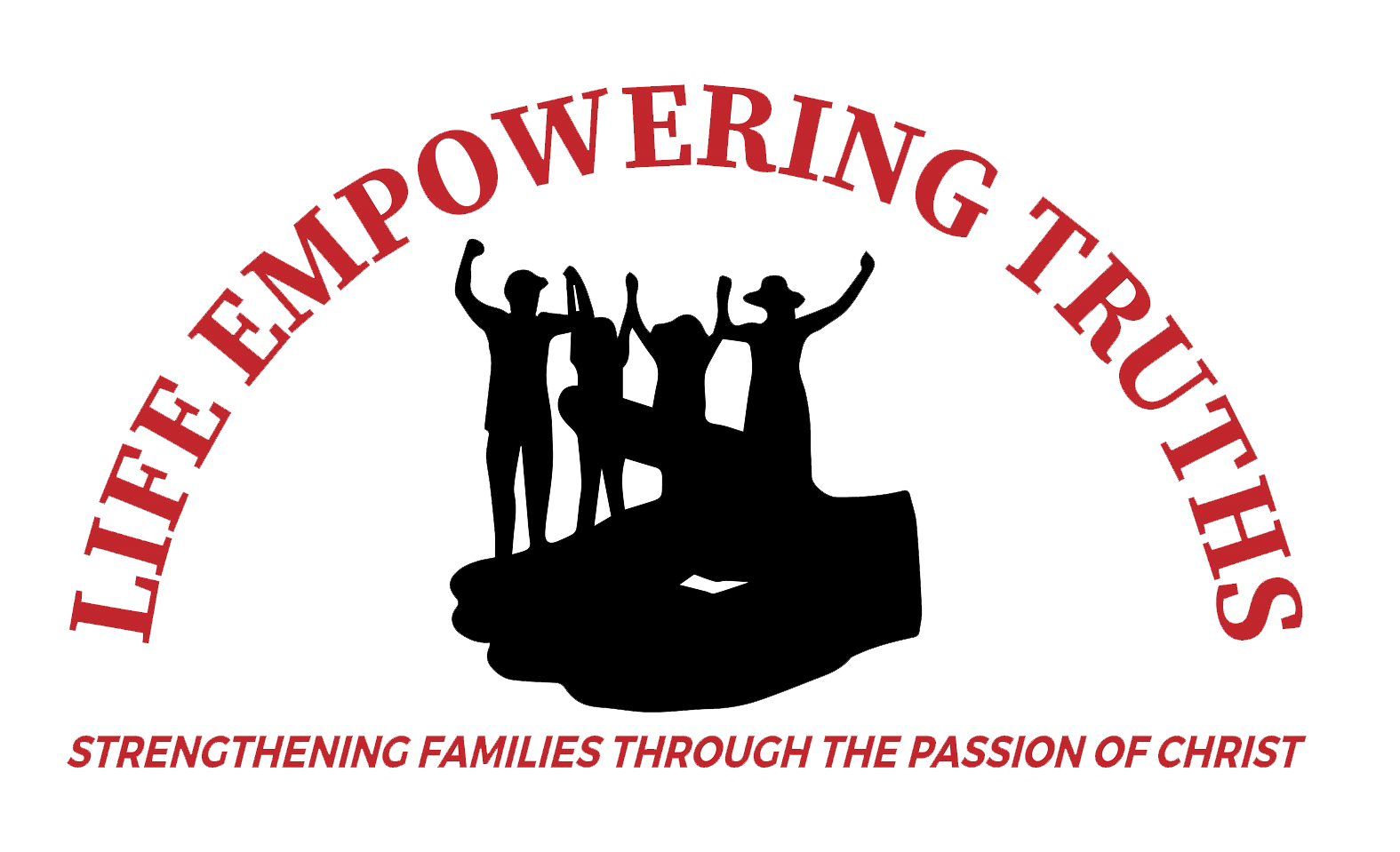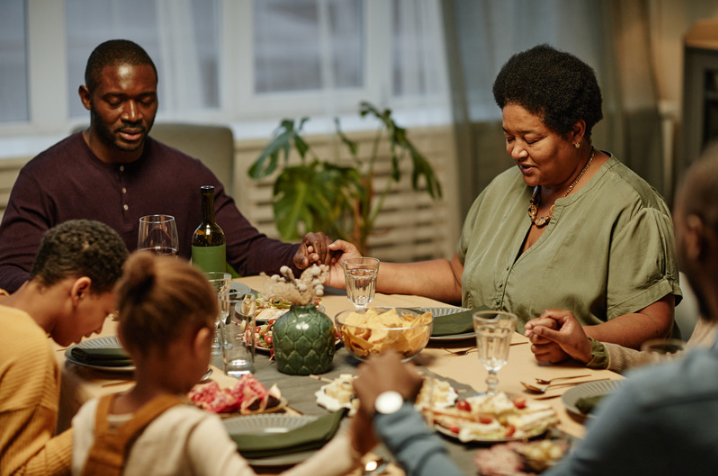What Christians call ‘Holy Communion’, is it really the Passover feast that served as a memorial of Israel’s deliverance from Egypt? The only thing in Scripture that comes close to a communion service is the Passover, but the name has been changed and the relevance of the feast erased. There is no reason in Scripture for using the terms ‘Eucharist’ or ‘Communion’ when referring to the meal Yahshua had before His death, burial, and resurrection. Israel, we need to know why they want us to forget our feast days and we also need to know why these holy days were so important. Now, I realize that this is a sacred cow for many. So, I really want to let Scripture speak for itself regarding this topic about communion, also known as ‘the Eucharist’, ‘the Last Supper’ and ‘the breaking of bread’. Why all of these different names? Is this an attempt to erase a memorial put in place by the Most High, Himself? A more specific question is, “Was Messiah keeping the feast day or was He instituting something new”? Let’s go back to the Old Testament to see when the Passover or Pesach was established – see Exodus 12:1-14.
Now, we know this ‘lamb without blemish’ referenced was a prophetic foreshadowing of Yahshua. They were to eat the lamb after it had been roasted with bitter herbs and unleavened bread. He calls this, ‘the Lord’s Passover’. Initially the Passover was to be a once-a-year observance but please don’t miss the fact that it was to be a memorial throughout their generations and an everlasting ordinance. What is an ordinance? It’s a decree. Who makes decrees? Kings! Also, in reading Leviticus 23:1-8, the Most High spoke to Moses saying, “Speak to the children of Israel, and say to them: ‘The feasts of the Most High which you shall proclaim to be holy convocations these are My feasts.” What is a convocation? It is the act of calling people together for a large formal assembly. Often in scripture, the nation of Israel is referred to as ‘the congregation’ or ‘called out assembly’. In this passage, we also see that Passover is followed immediately by the Feast of Unleavened Bread. Why is there little to no mention of the feast days today? We hear about Christmas and Easter but nothing about the feast days that Messiah and His disciples actually kept. Why is that?
In Luke 2:39-43, we read that Messiah observed the Passover annually from his youth. I want to draw your attention to verse 43 because it says, “And when they had fulfilled the days, as they returned…” It says “days” because the entire annual festival included the Feast days of Unleavened Bread. So, you have the Passover and the days of Unleavened Bread which makes a total of eight days. What we need to know now is, did Messiah and his disciples continue observing these feast days? if they did, what did they call this occasion? The scripture from Matthew 26:17-30 answers this. It’s the first day of the Feast of Unleavened Bread and the disciples are asking Messiah, “Where do you want us to prepare for You to eat the Passover”?
Oftentimes when churches are having communion, they’re not thinking about the covenant that has already been made. They’re only thinking about the new covenant. That’s what Passover was supposed to be about– a time of remembrance, to remember what has already been done. In reading Matthew 26:27-28, we see that not only was this feast a time of remembrance of the deliverance out of Egypt, He was also reinstating something in the spirit realm and I say ‘re’ because it’s no coincidence that He is the Redeemer. Messiah was connecting the Passover to our covenant. Though there’s a lot of controversy about Him saying, “drink My blood”, we can see that it’s symbolic because He calls it the ‘fruit of the vine’. He’s telling us that He will eat the Passover meal with us again, but it will only be in the kingdom. Again, the bread of the meal represents His body, the wine represents His blood. He was using covenant language to refer to the prophecy from Jeremiah 31 of the renewed covenant. The perfect sacrifice has been made. Hebrews 9:12 tells us that by His own blood, He entered in once into the holy place, having obtained eternal redemption for us. In historical context, bread and wine are associated with a covenant meal but the modern church has changed Passover to a time when you come and eat a sliver of a cracker and drink a thimble full of grape juice. There’s no mention of Israel’s deliverance from captivity.
When we partake of Passover, we are to remember Him, according to Numbers 10:10. Messiah is making the connection to our deliverance from Egypt representing Passover and what happened in the natural to the spiritual fulfillment of our deliverance from the power of sin and death. There is no longer a need to sacrifice bulls and goats. He is now the perfect sacrifice, and He also serves as King and Priest. When He shifts the discussion to the renewed covenant, He is telling us to remember that when we come together to honor these feast days, we are to remember and give thanks. Remember that the Most High remembers us and His promises to us – His people. We are to remember that He prepared for Himself a Lamb once and for all. We are to remember that He is the sign of our covenant, serving as a physical representation of what the Creator said. Just like the rainbow serves as a covenant sign that He will not cover the Earth again with flood. This is why Paul says, “He is our Passover.” The early believers continued honoring the significance of Passover and the covenant YAH made with His people. But we forgot about the covenant. Ask yourself, why would Paul be hurrying to be in Jerusalem for a feast day if these feast days were not important or if they had been done away with. Here are some examples proving that the recognition of these feast days did not end after Messiah’s death: Acts 20:6 | Acts 20:16 | 1 Corinthians 5:7-8
We can see that the Passover foreshadows the sacrifice of Messiah for our sins based on John 1:29. Everything on the table was significant. As part of the meal, participants had to eat bitter herbs. This was commanded in Exodus 12, and it represented the bitterness of slavery; we were supposed to remember that. We were supposed to remember how our Redeemer delivered us from physical slavery and being held captive to sin. We were supposed to remember that the Lamb paid the price so that we won’t have to suffer eternal damnation. The Lamb was slain in the spiritual realm before the foundation of the Earth; this is what Revelation 13:8 says. The price was paid before we understood the full extent of our condition. Something has to die to atone for sin. So, as we honor these feast days, they should all cause us to reflect on our condition. We see the results of our sin for choosing to rebel against the Most High. What we fail to realize is that our obedience to His word was for our well-being and protection. Think about how hard it is for a child to understand the dangers when they play with fire. They keep doing foolish things and a rod of correction is needed sometimes. When you become a man, you’re supposed to turn away from childish behavior. Your turning is an indication that you’ve learned the lesson or that you are maturing. Have we learned the lessons? Are we still trying to play with fire thinking that we won’t get burned? How can you continue to fornicate, commit adultery, be involved in sexual perversion, watch pornography, and not be considered foolish. Yes, shacking is still called fornication; it’s still sin. Let’s go even deeper. How can we continue to be envious and hateful toward each other or lie, cheat, and steal? How can a father refuse to work, neglect his family, not support his children, and think that he’s walking uprightly before YAH. Scripture says, “if anyone does not provide for his own [and especially for those of his household] he has denied the faith and is worse than an unbeliever” (1 Timothy 5:8). All of these things still matter. How can you say you believe the words of the Most High and not do His will? These are the little foxes spoiling the vine.
Israel, we are now in a season of repentance. When you hear His voice, don’t harden your hearts as in the day of rebellion. We are reaping now from the seeds sown. Not just the seeds from our forefathers but our own sins. The fathers ate the sour grapes and the children’s teeth were set on edge. We all paid a price for what Adam did because we were in him. The last Adam had to come to restore what was lost but we can’t just blame our forefathers. It’s time to examine our own hearts. As I said, when Abraham was declared righteous, we were also in him. Passover was about YAH saving the family. He wants to restore your house and the house of Israel. This is the significance of Passover – Pesach. The called-out assembly has to remember, repent, and return to the Father’s house. Learn more when you view the accompanying video, Truth About Christian Communion #2 | Why They Want Us to Forget Our Feast Days.


